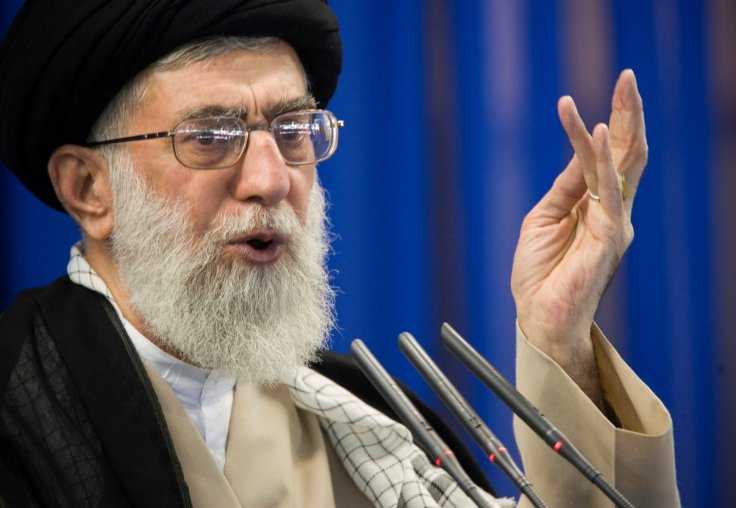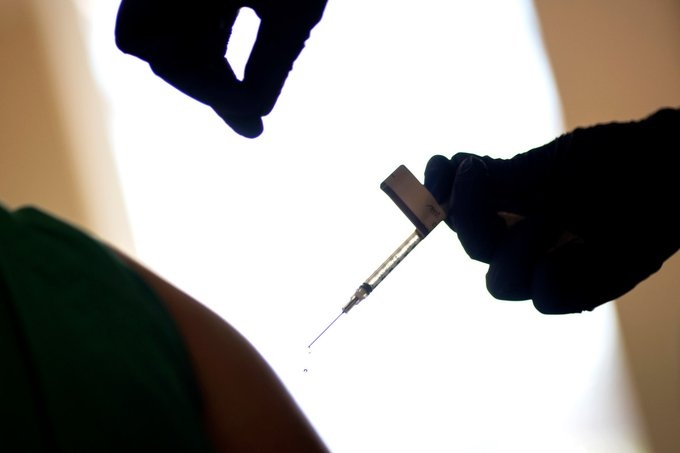Ali Khamenei, Supreme Leader of Iran announced a ban on Pfizer-BioNTech and Oxford-AstraZeneca vaccine import. During a televised speech on Friday, December 8, he said importing COVID-19 vaccines from both the countries was "forbidden", while referring to surging death tolls from the virus in the US and UK.
"I really do not trust them," the supreme leader said, referring to the US and UK. "Sometimes they want to test their vaccines on other countries. I am not optimistic about France either," he added.

Is Unstable Relationship the Reason?
The relationship between Iran and the West has been tumultuous in the waning days of US President Donald Trump's administration. This might be one reason why Iran doesn't trust the COVID-19 vaccines from the West.
The tensions have further escalated in recent days after the US assassinated General Qasem Soleimani and Israel allegedly killed the head of the Iranian nuclear program, Mohsen Fakhrizadeh. In retaliation, Iran informed the UN that it would begin enriching uranium to levels unseen since the 2015 nuclear deal with world powers.
In 2018, the US withdrew from the deal and re-imposed sanctions on Iran and that caused a series of escalating incidents. But President-elect Joe Biden is expected to bring Iran back into compliance.
During the speech, Khamenei talked about the transition of power in the US on January 20, while taking a dig at American politics after a violent incident took place at the US Capitol in Washington on Wednesday, January 6. "This is their democracy; this is their elections' situation," he said.
Vaccines in Iran

Iranian officials have previously said that importing Pfizer-BioNTech vaccine, which must be shipped and stored at minus 70 degrees Celsius, would cause major logistic challenges. So far, Pfizer vaccine developers and other experts have found no dangerous side effects and announced that the jab is 95 percent effective against COVID-19.
However, Khamenei doesn't trust Pfizer-BioNTech's COVID-19 vaccine. He rather okayed vaccine import from other "safe" places that he did not name. The other countries that are involved in vaccine development are China, Russia and India. While other nations like Singapore and Israel are developing their own COVID-19 vaccines, Iran has close diplomatic ties with the three countries.
Iran also began testing its own vaccines on humans in December and now the developers are expecting to hit the market in spring. Along with Khamenei, there are other people in Iran who have been opposing US-made vaccines.
In December 2020, Iran's Revolutionary Guard, a branch of the Iranian Armed Forces, rejected the use of vaccines developed in other countries. General Mohammad Reza Naghdi said that the Guard didn't recommend the injection of any foreign vaccine candidates based on genetic material—mRNA or messenger RNA—that carries the instructions for human cells to make proteins.









